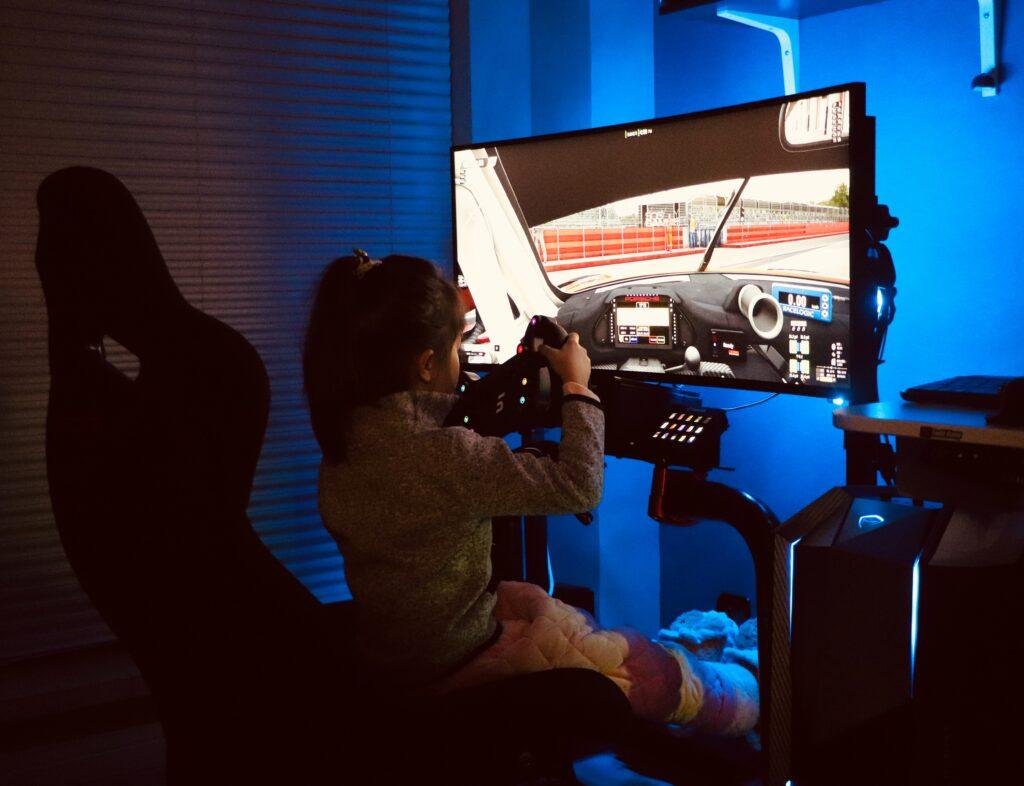
Online social gaming: A new way to boost cognitive skills?
Gaming is for everyone. Whether you’re a teenager or an adult, popular games are no longer limited to certain platforms; instead, even social media has online games.
Online social gaming has emerged as a powerful tool that is transforming the way we approach mental agility and cognitive development. This revolution has brought about new dimensions of real-time problem-solving, strategic thinking, and collaboration. But how significantly does this popular activity impact cognitive skills?
What are cognitive skills?
The brain’s power to think, focus, process information, and recall memories is the engine of your cognitive skills.
These mental tools, like sustained attention, auditory comprehension, and short-term memory, boost your brain’s performance. While research suggests a slight decline in cognitive function with age, it’s a nuanced picture. It often starts with a gradual slowing in processing speed, which can snowball into broader cognitive changes later.
But with the right stimulation and exercise, it is possible to promote cognitive vitality at any age. This is where online social gaming comes into play.
The link between social gaming and cognitive skills
Games like the collaborative realm of Counter-Strike or the fast-paced strategy of Dota 2 can improve attention, memory, and even decision-making.
Imagine navigating the mythical landscapes of a game like “The Legend of Zelda: Breath of the Wild,” where every twist and turn demands strategic problem-solving and quick thinking.
Or picture yourself commanding legions in “Age of Empires,” where resource management and tactical planning reign supreme. In these digital worlds, our brains are constantly challenged to adapt, strategize, and cooperate, forging new neural pathways and boosting cognitive flexibility.
But the benefits extend beyond the realm of epic fantasy and galactic conquest. Even seemingly simple social slot games like the classic Zeus II slot machine can offer cognitive perks.
The act of navigating menus, making decisions, and strategizing spins can engage cognitive processes like working memory and attention to detail. While not the mental decathlon of an RTS game, these seemingly casual experiences can still provide a subtle workout for the mind.
Of course, it’s not all sunshine and rainbows in the digital gaming landscape. Excessive play can lead to issues with sleep, social interaction, and even addiction. Moderation is key, and striking a healthy balance between virtual and real-world activities is crucial.
The Impact on Children

The impact of online social gaming on children’s cognitive skills is particularly significant.
Children tend to have a strong desire for social interaction and often seek it out through technology. By incorporating cognitive games into their online social interactions, children not only satisfy their need for socialization but also improve their mental acuity.
This can be especially beneficial for children with developmental delays or learning disabilities, as the interactive and stimulating nature of online gaming can help them overcome challenges and build important cognitive skills.
The Benefits for Older Adults

Online social gaming is not just beneficial for children, but also for older adults. As we age, our brains naturally undergo changes that can impair cognitive function.
However, research has shown that participating in mentally stimulating activities can help slow down these changes and even improve cognitive abilities in older adults.
Online social gaming provides an enjoyable and accessible way for older adults to engage in these mentally stimulating activities, helping them maintain their cognitive health and function.
The Importance of Moderation
While online social gaming can have many benefits for cognitive skills, it’s important to note the importance of moderation.
Excessive screen time and neglecting other important activities can have negative effects on overall health and well-being. Parents and caregivers need to set limits on screen time and encourage a balance between online social gaming and other activities, such as physical exercise and face-to-face social interactions.
Online social gaming has proven to be a valuable tool for promoting cognitive development in children and maintaining cognitive health in older adults.
However, like with any activity, moderation and responsible usage are key to reaping the full benefits while avoiding potential negative consequences.
Recommended

All we know about XDefiant release date, crossplay, and more
It’s happening for real this time!

These are the most unexpected eSports games
Thoughts of competitive eSport tournaments conjure up images of gamers playing popular games like...






